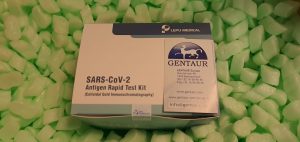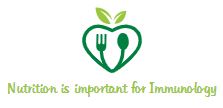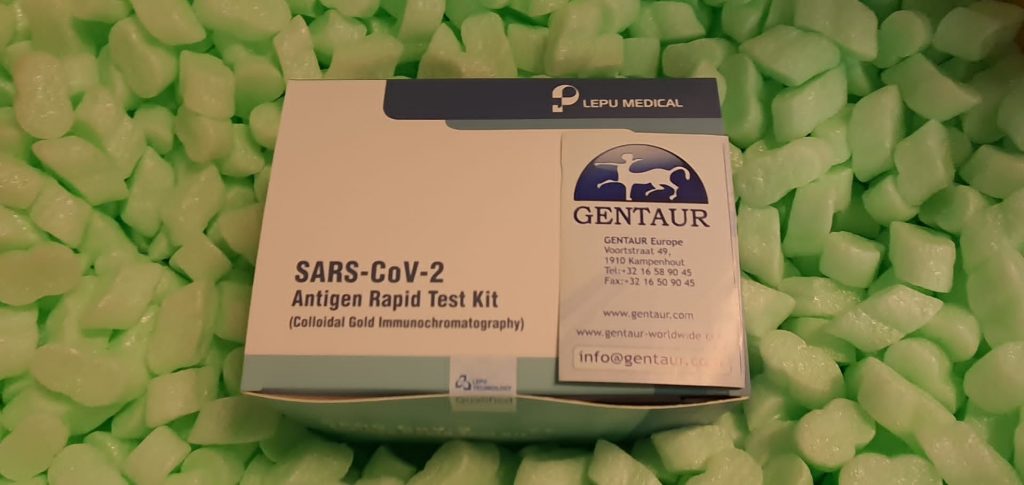Dendritic cells (DC) and macrophages (Mϕ) represent essentially the most plentiful antigen presenting cells in the human intestinal mucosa. In resting circumstances, they’re important to keep up the mechanisms of immune tolerance towards meals antigens and commensals, on the time that they hold the capability to provoke and keep antigen-specific pro-inflammatory immune responses towards invading pathogens. Nevertheless, this delicate equilibrium between immunity and tolerance is just not excellent, like in coeliac disease (CD), the place DC and Mϕ drive the event of antigen-specific immune responses towards dietary gluten peptides.
In this overview, we offer subsequently a complete dialogue about CD pathogenesis, the human intestinal immune system and the biology of intestinal DC and Mϕ each in resting circumstances and in CD. Last, however not least, we focus on about all of the remaining points pending to be studied relating to DC and Mϕ contribution towards CD pathogenesis. This could enable the identification of distinctive and particular components which can be helpful in the scientific apply, in addition to establish new therapeutic targets in order to reestablish the loss intestinal homeostasis in CD.
Ageing is related to an elevated threat of frailty, intestinal microbiota perturbations, immunosenescence and oxidative stress. Prebiotics equivalent to galacto-oligosaccharides (GOS) could ameliorate these ageing-related alterations. We aimed to match the faecal microbiota composition, metabolite manufacturing, immune and oxidative stress markers in prefrail aged and youthful adults, and examine the results of GOS supplementation in each teams. In a randomised managed cross-over research, 20 prefrail aged and 24 wholesome adults obtained 21.6 g/day Biotis™ GOS (containing 15.Zero g/day GOS) or placebo.
Faecal 16S rRNA gene-based microbiota and short-chain fatty acids have been analysed at 0, 1 and four weeks of intervention.Volatile natural compounds have been analysed in breath, and stimulated cytokine manufacturing, CRP, malondialdehyde, trolox equal antioxidant capability (TEAC) and uric acid (UA) in blood at 0 and four weeks.
Can limonene be a potential candidate for analysis as an agent or adjuvant towards an infection, immunity, and irritation in COVID-19?
Coronavirus disease (COVID-19) brought on by novel extreme acute respiratory syndrome coronavirus 2 (SARS-CoV-2) is an ongoing pandemic and presents a public well being emergency. It has affected thousands and thousands of individuals and continues to have an effect on extra, regardless of the super social preventive measures. The therapeutic technique depends on suppressing infectivity and irritation, together with immune modulation. The identification of candidate medication efficient for COVID-19 is essential, thus many pure merchandise together with phytochemicals are additionally being proposed for repurposing and evaluated for his or her potential in COVID-19.
Among quite a few phytochemicals, limonene (LMN), a dietary terpene of pure origin has been not too long ago confirmed to focus on viral proteins in the in-silico research. LMN is likely one of the predominant compounds recognized in many citrus crops, accessible and accessible in diets and well-studied for its therapeutic advantages. Due to dietary nature, relative security and efficacy together with favorable physicochemical properties, LMN has been steered to be an enchanting candidate for additional investigation in COVID-19. LMN confirmed to modulate quite a few signaling pathways and inhibits inflammatory mediators, together with cytokines, chemokines, adhesion molecules, prostanoids, and eicosanoids.
We hypothesized that given the pathogenesis of COVID-19 involving an infection, irritation, and immunity, LMN could have potential to restrict the severity and development of the disease owing to its immunomodulatory, anti-inflammatory, and antiviral properties. The current article discusses the probabilities of LMN in SARS-CoV-2 infections based mostly on its immunomodulatory, anti-inflammatory, and antiviral properties. Metagenomic approaches together with metabolomics and immunology will open a brand new avenue for the therapy of CRC shortly.
Though, the suggestion on the potential use of LMN in COVID-19 stays inconclusive till the in-silico results confirmed in the experimental research and additional proof of the idea research. The candidature of LMN in COVID-19 therapy considerably seem speculative however can’t be neglected offered favorable physiochemical and druggable properties. The security and efficacy of LMN are essential to be established in preclinical and scientific research earlier than making options to be used in people. Dietary interventions could also be appropriate to modulate the expansion of useful microbiota in the intestine.

Exploring the Role of Gut Microbiome in Colon Cancer
Dysbiosis of the intestine microbiome has been related to the event of colorectal most cancers (CRC). Gut microbiota is concerned in the metabolic transformations of dietary parts into oncometabolites and tumor-suppressive metabolites that in flip have an effect on CRC growth. In a wholesome colon, the foremost of microbial metabolism is saccharolytic fermentation pathways. The alpha-bug speculation steered that oncogenic micro organism equivalent to enterotoxigenic Bacteroides fragilis (ETBF) induce the event of CRC via direct interactions with colonic epithelial cells and alterations of microbiota composition on the colorectal web site.
Escherichia coli, E. faecalis, F. nucleatum, and Streptococcus gallolyticus confirmed larger abundance whereas Bifidobacterium, Clostridium, Faecalibacterium, and Roseburia confirmed lowered abundance in CRC sufferers. The alterations of intestine microbiota could also be used as potential therapeutic approaches to forestall or deal with CRC. Probiotics equivalent to Lactobacillus and Bifidobacterium inhibit the expansion of CRC via inhibiting irritation and angiogenesis and enhancing the perform of the intestinal barrier via the secretion of short-chain fatty acids (SCFAs)
Crosstalk between way of life, host genetics, and intestine microbiota is nicely documented in the prevention and therapy of CRC. Future research are required to grasp the interplay between intestine microbiota and host to the affect and prevention of CRC. However, a greater understanding of bacterial dysbiosis in the heterogeneity of CRC tumors must also be thought of. Metatranscriptomic and metaproteomic research are thought of a robust omic device to grasp the anti-cancer properties of sure bacterial strains. The scientific advantages of probiotics in the CRC context stay to be decided.

